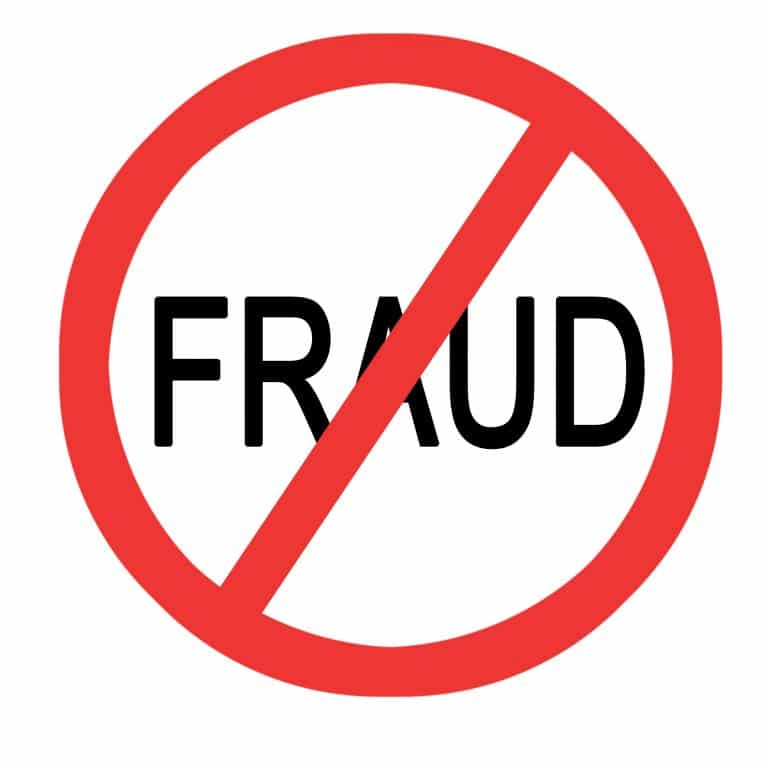Reverse False Claims Liability
Reverse false claims liability arises where an entity or individual avoids the payment of money due to the government, e.g., failing to pay royalties owed to the government for mining on public lands.
Section 3729(a)(1)(G) creates liability for a person who “knowingly makes, uses, or causes to be made or used, a false record or statement material to an obligation to pay or transmit money or property to the Government,” or who “knowingly conceals or knowingly and improperly avoids or decreases an obligation to pay or transmit money or property to the Government.” 31 U.S.C. § 3729(a)(1)(G).
To establish reverse false claim liability, a qui tam relator must show:
- proof that the defendant made a false record or statement
- at a time that the defendant had a presently-existing obligation to the government — a definite and clear obligation to pay money or property at the time of the allegedly false statements.
Reverse FCA liability can be supported by “`proof that the defendant made a false record or statement at a time that the defendant owed to the government an obligation’ . . . to pay money or property.” Chesbrough v. VPA, P.C., 655 F.3d 461, 473 (6th Cir. 2011)).
The term “obligation,” as it is used in the FCA’s reverse false claims provision, expressly includes any “established duty, whether or not fixed, arising from. . . . the retention of any overpayment. 31 U.S.C.A. § 3729(b)(3). By statute, Medicare requires that “[a]n overpayment must be reported and returned” to the program no later than “the date which is 60 days after the date on which the overpayment was identified.” 42 U.S.C. § 1320a-7k(d)(2). CMS has provided the following guidance regarding what it means to have “identified” an overpayment:
A person has identified an overpayment when the person has, or should have through the exercise of reasonable diligence, determined that the person has received an overpayment and quantified the amount of the overpayment. A person should have determined that the person received an overpayment and quantified the amount of the overpayment if the person fails to exercise reasonable diligence and the person in fact received an overpayment.
42 C.F.R. § 401.305(a)(2). Internal audits can provide evidence that a provider knew about overpayments and chose not to return the overpayments to CMS.
False Claims Act Whistleblower Rewards and Protections
Law Firm Representing Qui Tam Whistleblowers/Relators
If you believe that you have evidence of a violation of the False Claims Act, call our False Claims Act whistleblower lawyers today for a free consultation at 202-262-8959.






For more information about False Claims Act whistleblower awards, see our FAQ:
- What is a qui tam whistleblower lawsuit?
- What types of false claims are prohibited by the False Claims Act?
- What is the first-to-file bar in False Claims Act qui tam cases?
- What is the requirement to file a False Claims Act qui tam action under seal?
- What is a reverse false claim?
- What is the statute of limitations for a False Claims Act qui tam action?
- What is the public disclosure bar in the False Claims Act?
- What is the original source exception to the public disclosure bar?
- What is materiality under the False Claims Act?
- What is “Scienter” Under the False Claims Act?
- Is a Violation of the Anti-Kickback Law Also a Violation of the False Claims Act?
- Does the False Claims Act Prohibit Bid-Rigging?
- Does the False Claims Act Prohibit Fraudulent Inducement of a Contract?
- Can a violation of Good Manufacturing Practices give rise to False Claims Act Liability?
- Is there a heightened pleading requirement for False Claims Act qui tam cases?
- Does the False Claims Act authorize treble damages?
- Must a False Claims Act qui tam relator have firsthand knowledge of all aspects of the fraud?


